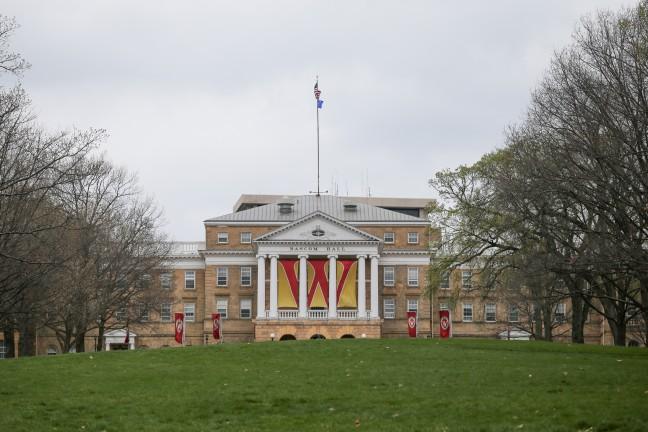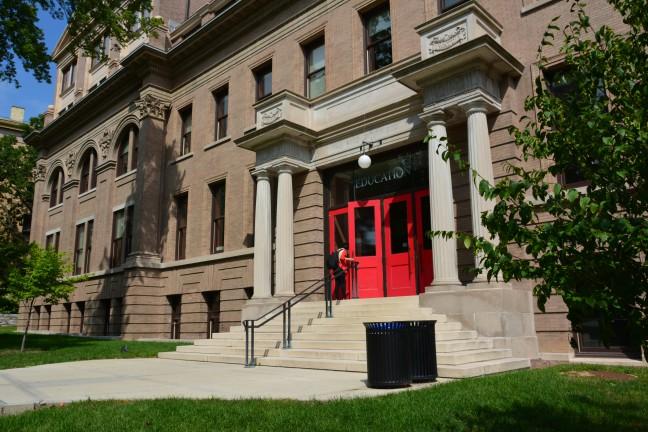A University of Wisconsin-Oshkosh professor is under fire this week from Republicans after a recording of the professor discussing the recall campaign against a senator with his students aired on a radio station.
The recording included UW-Oshkosh professor Richard Stephens during lecture introducing two students who would be collecting signatures for the Recall Randy Hopper campaign. He told the students that they would be seeing the petitions at more campus locations and 100 faculty members were working on campus to recall Sen. Randy Hopper, R-Fond du Lac.
Stephens told his students to go out of the classroom if they were going to sign the petition but did not require them to.
“I’m not asking you to do it; you’re not required to do it; it’s a free country,” Stephens said on the recording. “You can sign it or not sign it.”
Stephens went on to explain his interpretation of the effects of Gov. Scott Walker’s budget repair bill, which would limit collective bargaining rights for public employees and is currently stalled in the court system. He said to the students his wages would be cut by 8 percent, adding the bill would make it illegal to be in a union and unions would be decertified.
The Republican Party of Wisconsin received a report of the recording through its “recall integrity center” and said the recording was disappointing as the professor was telling inaccuracies about the bill to the students.
“The fact is that he’s blatantly using class time to discuss the recall and certainly not in a factual way,” RPW spokesperson Katie McCallum said. “He left out a lot of things in front of the class to persuade the class to sign the petitions.”
McCallum also said she was surprised Stephens answered a student, who questioned if she could sign the petition even though she lived in Sen. Michael Ellis’, R-Neenah, district, that she should sign the petition anyway and officials would remove her signature later.
Rep. Michelle Litjins, R-Oshkosh, issued a statement Wednesday condemning the professor for his abuse of position.
“The university environment must be one that fosters a students’ ability to develop his or her own set of beliefs,” Litjens said. “For a professor to use his position of authority to advance his own political agenda violates that basic principle.”



















